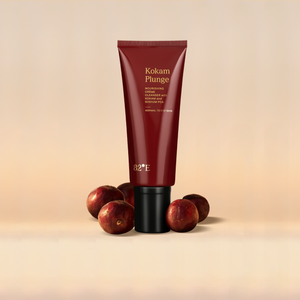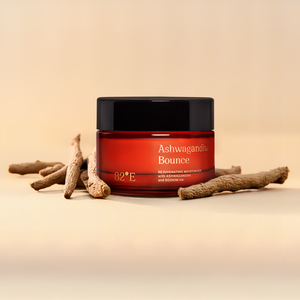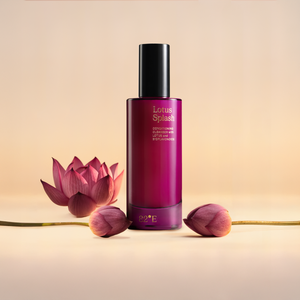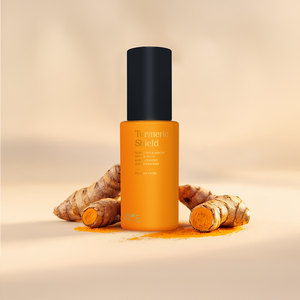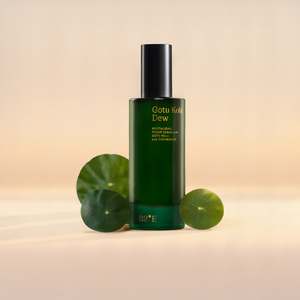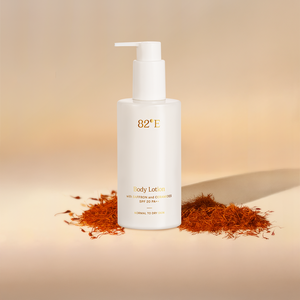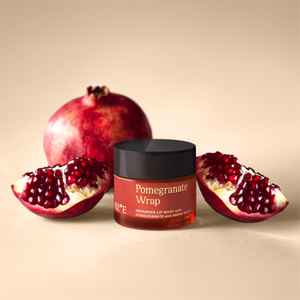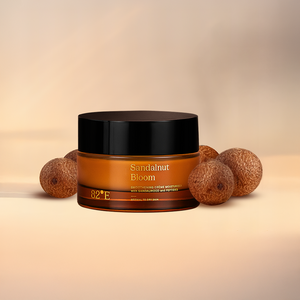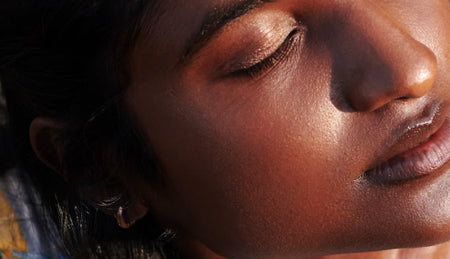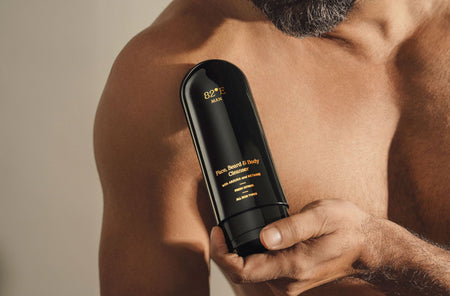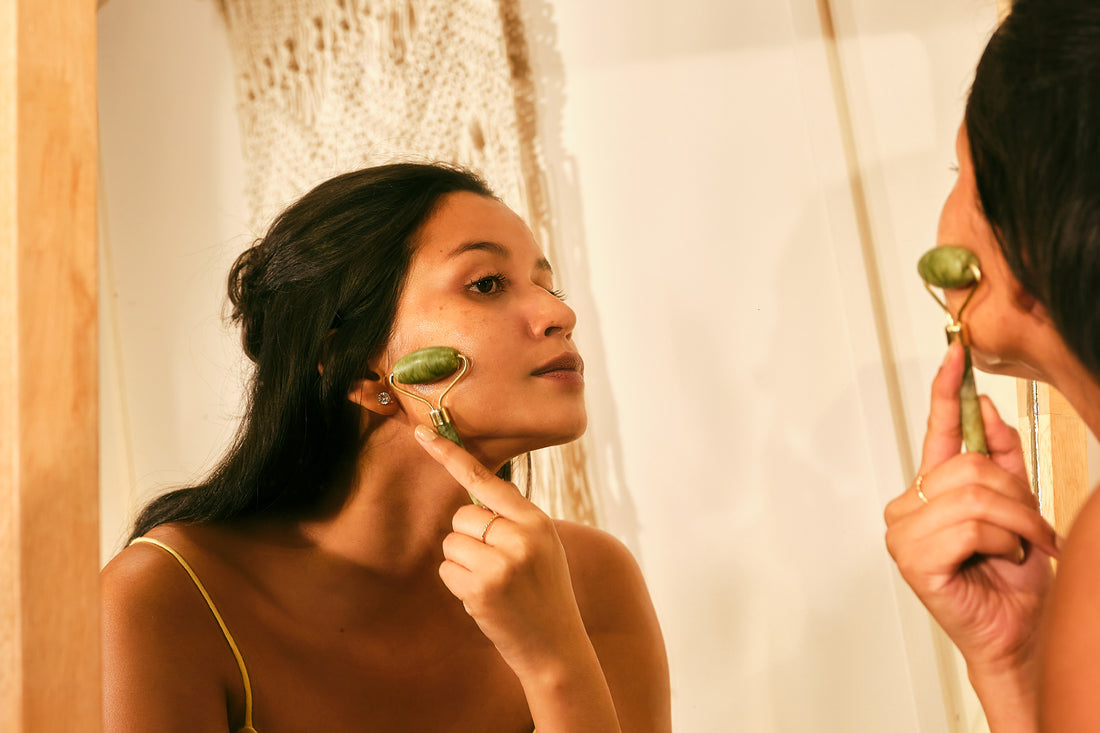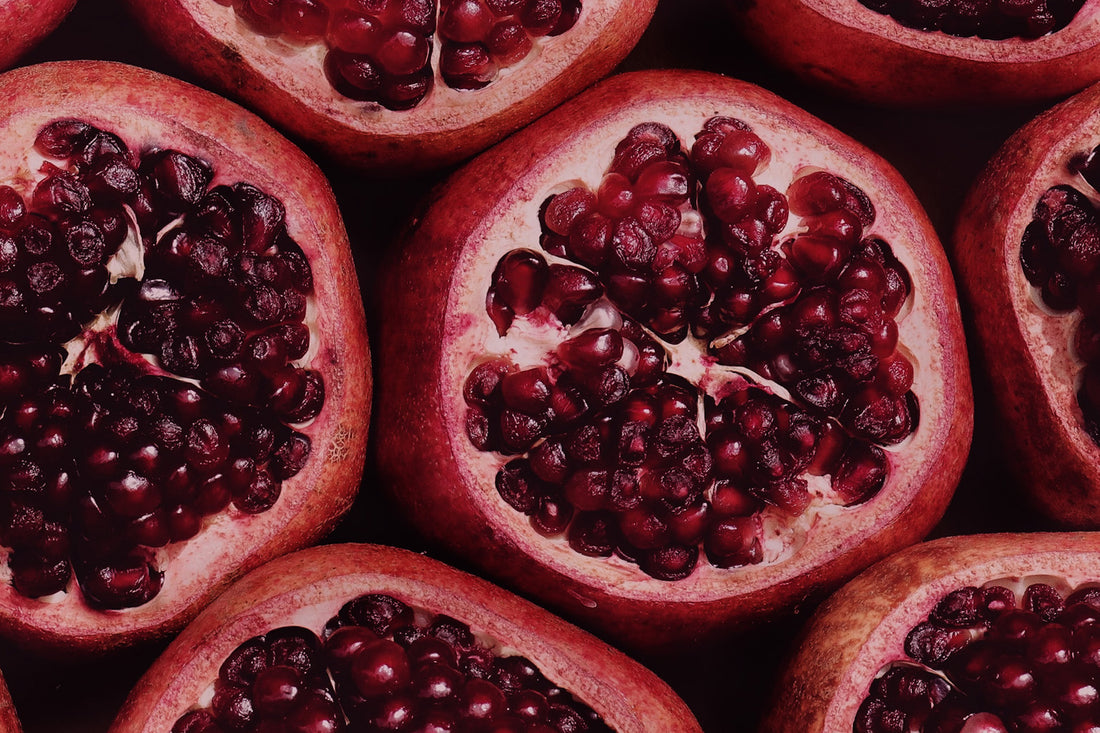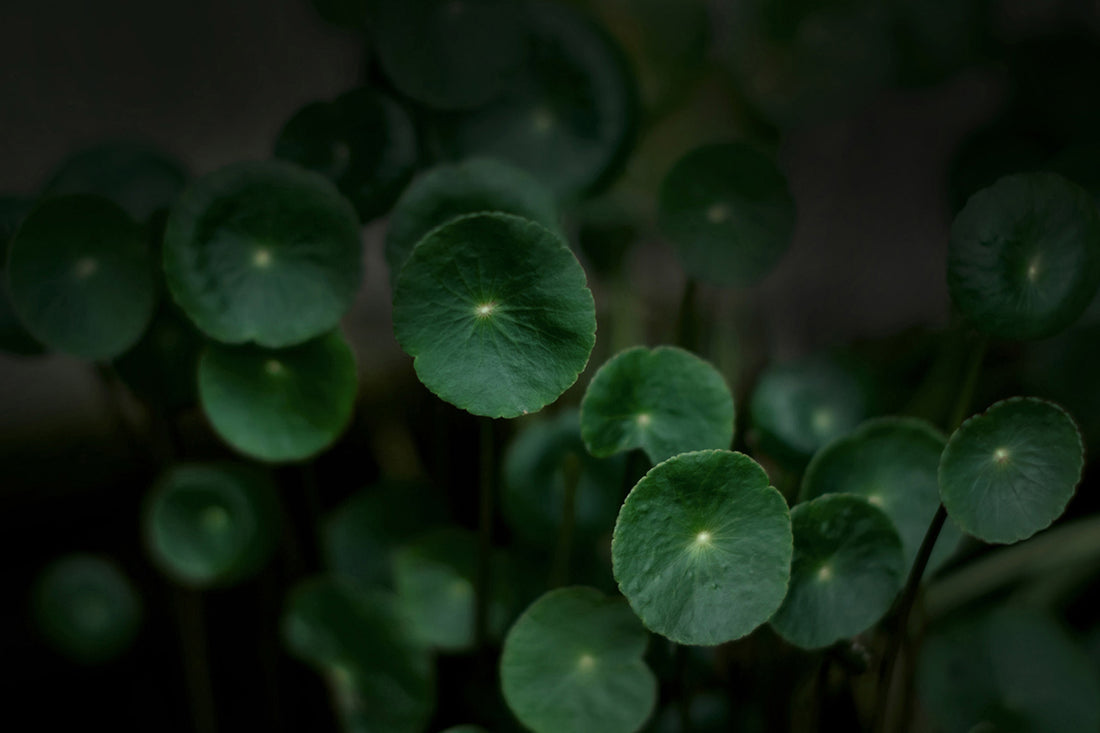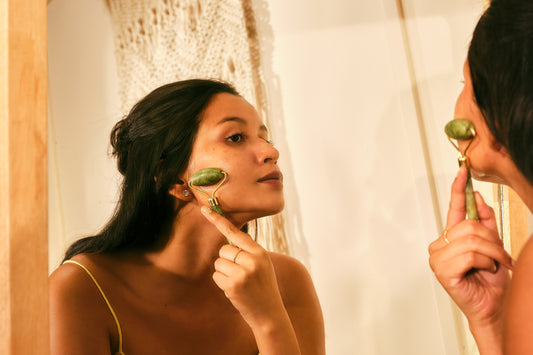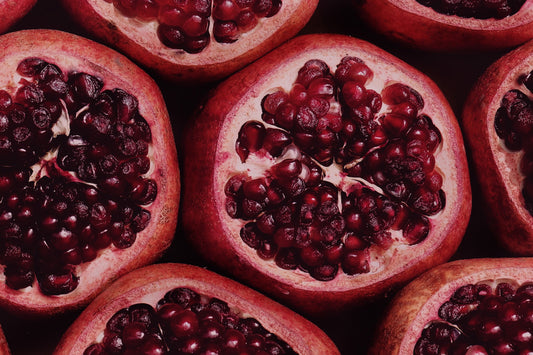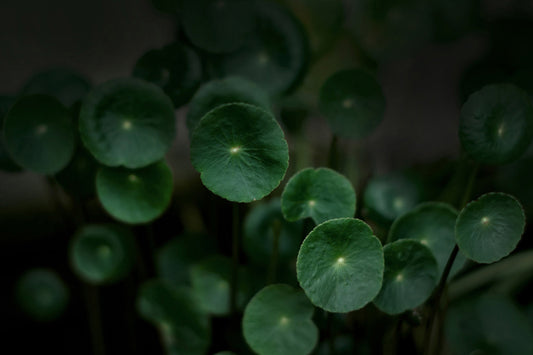When most of us think of licorice, we think of a sweet treat. But this plant is so much more than just an ingredient in candy—it's a powerful medicinal herb that has been used for centuries to treat coughs to digestive issues to skin conditions. But what makes this humble root worth the hype in the world of skincare and wellness? We delve deeper into the properties of licorice and explore its many benefits for your skin, health, and overall well-being. So, whether you're looking for a natural remedy to boost your overall health or seeking a way to achieve glowing, youthful-looking skin, licorice might just be the ingredient you've been looking for.
Let's dive in and discover the real magic of licorice.

A Brief History of Indian Licorice (Glycyrrhiza glabra)
The flavourful roots and stolons of Licorice, a leguminous plant, are almost fifty times sweeter than sugar. Licorice root has been a valued ingredient in Indian cuisine and medicine for centuries. Its introduction to India can be traced back to ancient times—it is believed it arrived in India through trade routes from the Mediterranean and Middle East.
Licorice is known as mulethi, and is an essential herb in Ayurvedic medicine, with a host of benefits, including anti-inflammatory, anti-viral, and anti-bacterial properties. The root is used in various remedies, including "mulethi ki churan," a popular digestive remedy. It is also added to flavour popular Indian desserts like rasgulla, gulab jamun, and imarti.
Today, licorice continues to be a vital ingredient in Ayurvedic medicine. It is used in various forms, such as extracts, supplements, and tea, due to its numerous health benefits. However, studies have shown that excessive consumption of licorice can have adverse effects, particularly for those with high blood pressure or kidney disease.

How Licorice Helps Your Health
Licorice can be consumed for health benefits through licorice root tea, herbal supplements, and traditional medicinal practices. Licorice root tea can soothe digestion, while herbal supplements should be used under professional guidance. Here are some ways licorice consumption benefits you:
- Soothes digestive issues: Licorice has been used for centuries to soothe digestive issues such as heartburn, acid reflux, and ulcers.
- Helps with inflammation: Licorice contains compounds that have anti-inflammatory properties, which can help reduce inflammation throughout the body.
- Boosts immunity: Licorice has been shown to have immune-boosting properties, which can help support the body's natural defences against infection and disease.
How Licorice Works On Your Skin
Licorice has been hailed as a wonder ingredient in the world of skincare and wellness. Packed with potent active components like glabridin, liquiritin, and glycyrrhizin, this root offers a plethora of benefits for your skin and health. Its antioxidant, anti-inflammatory, and antimicrobial properties make it a must-add herb in your daily regimen.
One of the most remarkable benefits of licorice for the skin is its potent antioxidant properties. The active component of licorice, glabridin, is an antioxidant safeguarding your skin against the harmful effects of UV radiation and environmental pollutants. Furthermore, it aids in reducing the appearance of dark spots and hyperpigmentation, leading to brighter and more even-toned skin.
- Skin brightening: Glycyrrhizin inhibits the production of melanin, the pigment that gives skin its colour. By reducing melanin production, glycyrrhizin can help reduce the appearance of dark spots, hyperpigmentation, and age spots, resulting in a brighter, more even complexion. Flavonoids, such as glabridin and liquiritin, found in licorice can also help brighten the skin and reduce the appearance of dark spots and hyperpigmentation.
- Anti-oxidant: Antioxidants help neutralise free radicals, which are unstable molecules that can cause damage to the skin and lead to premature ageing. Glycyrrhizin, flavonoids, and triterpenoids present in licorice are powerful antioxidants that can help protect the skin from oxidative stress and keep it looking young and healthy.
- Soothing: Glycyrrhizin present in licorice has a soothing effect on the skin and can help reduce skin sensitivity. This makes it an excellent ingredient for those with irritated or inflamed skin.
- Anti-inflammatory: Licorice has anti-inflammatory properties, which can help reduce redness, swelling, and irritation in the skin. This makes them an excellent ingredient for those with sensitive skin.
- Immunity boosting: Triterpenoids present in licorice have been shown to have immune-boosting effects, which can help protect the skin from damage and promote a healthy, balanced complexion. They have been shown to promote wound healing in the skin by stimulating the production of collagen and other key components of healthy skin.
Licorice is a remarkable ingredient that has stood the test of time. Its use in traditional wellness practices like Ayurveda for centuries is a testament to its healing and rejuvenating properties. From its skin-brightening effects to its ability to soothe digestive issues and reduce inflammation, licorice is a versatile ingredient that offers numerous benefits for both your skin and overall health. Incorporating licorice into your diet and skincare routine can be a great way to enhance your beauty and wellness from the inside out.
